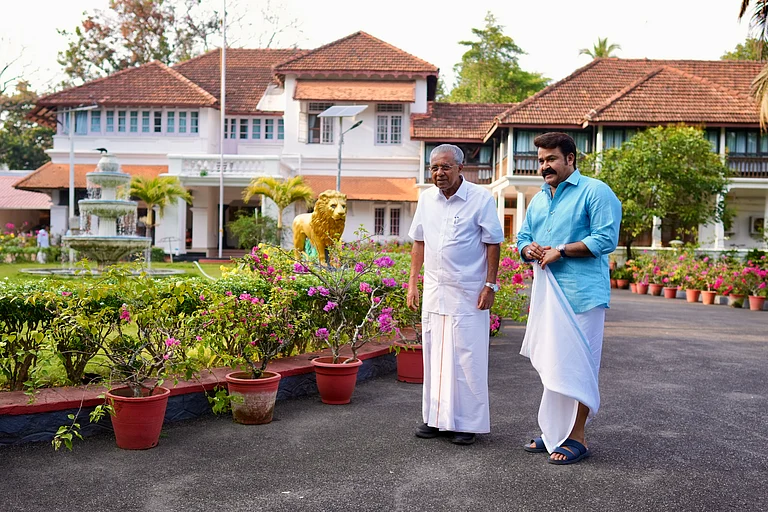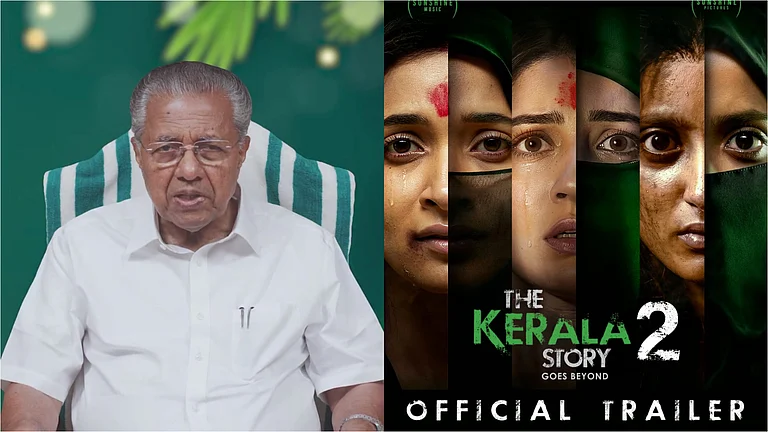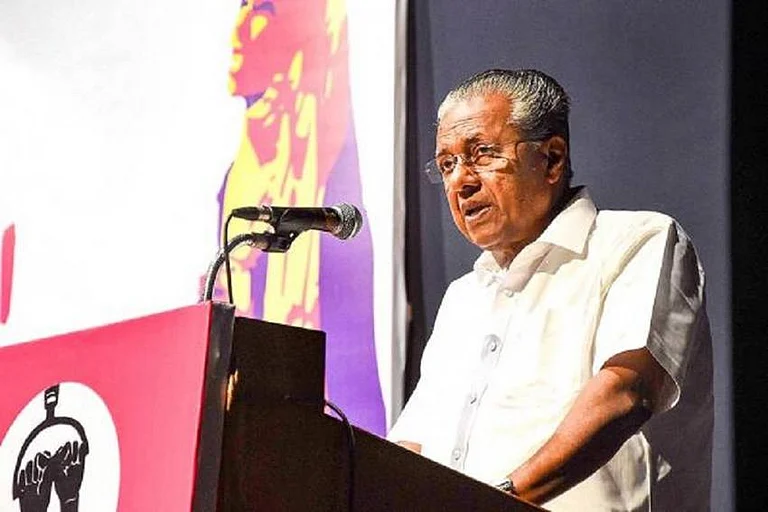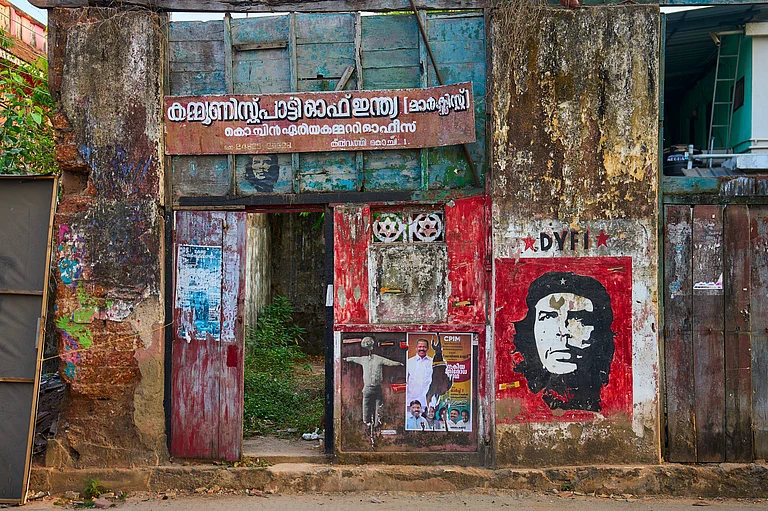
Summary of this article
Pinarayi Vijayan says the Election Commission’s voter list revision challenges the democratic process.
He argues using 2002–2004 rolls violates electoral laws and raises doubts about intent.
The SIR exercise is planned in 12 states ahead of 2026 assembly elections.
Kerala Chief Minister Pinarayi Vijayan on Tuesday sharply criticised the Election Commission of India’s (ECI) decision to conduct a Special Intensive Revision (SIR) of electoral rolls in Kerala and several other states, saying the move poses a “serious challenge” to the democratic process.
What is the SIR plan of Election Commission?
According to PTI, the Election Commission announced that a Special Intensive Revision of voter lists will be carried out between November and February across 12 states and Union Territories — including Kerala, Tamil Nadu, Puducherry, and West Bengal. These regions are due to hold assembly elections in 2026.
Why is Pinarayi Vijayan opposing the SIR plan?
In a statement, Vijayan said the decision raised doubts about the poll panel’s intentions and warned it could erode public confidence in the electoral system. He noted that the Commission intended to base the revision on voter lists from 2002 to 2004 rather than the current rolls — a move he said would contravene the Representation of the People Act, 1950, and the Registration of Electors Rules, 1960.
“These laws clearly state that any update must be made using the current voter list as its foundation,” he said. The Chief Minister also pointed out that the State Election Officer had already advised the Commission that conducting a special intensive revision now would be impractical, as Kerala is preparing for local body elections.
How does the SIR plan affect democracy in India?
Vijayan argued that continuing with the revision despite the state’s concerns raises suspicions about the purpose behind the exercise. “Pressing ahead with the SIR at this stage, despite those warnings, raises suspicions about the purpose behind the move,” he said.
He warned that the decision could undermine public trust in the electoral process at a time when maintaining transparency and confidence in democratic institutions is vital.
(With inputs from PTI)

























